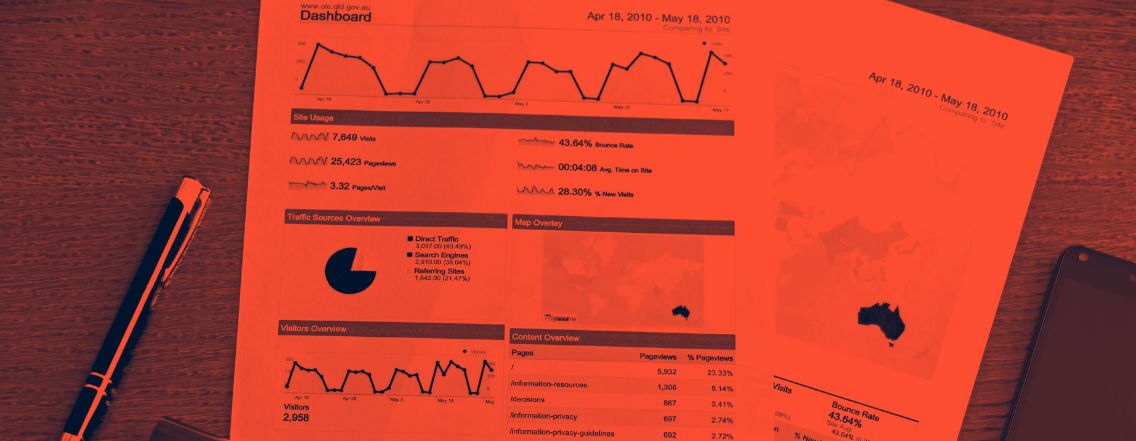This month, in his CEO’s note, Jérôme Traisnel, CEO and founder of SlimPay, will discuss the implementation of recurring payments through direct debits for businesses that face the particular challenge of operating on slim margins.
Through this interview, you will discover how Open Banking can facilitate your operations and secure your transactions to reduce the risk of non-payment.
To start, Jérôme, could you share your perspective on the challenges for distributors and low-margin businesses
Yes, absolutely! I believe to fully grasp the challenges of these low-margin businesses and the advantages Open Banking can offer them, one needs to envision the scenario.
Let’s take an example: Toll Operators.
We could have discussed companies in energy, telecoms, insurance, streaming, or even all distributors and resellers. All these activities are relatively similar in their economic model design as they share the commonality of achieving slim margins despite significant turnovers.
Toll operators, therefore, are distributors or resellers: their business is to distribute the services of their parent company’s concession (in some cases) but also the services of other concessions through toll booth payments upon passage and, importantly, fast-track subscriptions.
Insight into the Toll Operators Market:
In France, there are 9 companies marketing the Liber-T badge subscription. This badge allows travel on all motorway concessions in France.
With very narrow margins, these toll companies need the best electronic payment system offering the lowest possible rate of non-payment.
Non-payment has an incredible impact on their margin, leading them to track down bad customers.
So, one of the major problems they face is new subscribers whose IBAN does not work during the first automatic debit at the end of the first full month of using their services.
For the toll operator, this represents a direct loss and a gap in their margin.
FOCUS: What is the Failure Rate for Toll Companies?
The average transaction failure rate at first presentation is 3% in this segment.
The two most significant reasons are (in % of R-transaction numbers):
- 75% of accounts not sufficiently funded (AM04 or MS03)
- and 8% of payers disputing having authorized a payment (MD01).
All other reasons are less than 3%.
Another challenge for these operators with the same end goal: semi-professionals or professionals, like craftsmen, who use their services extremely frequently.
They take the motorway every day, sometimes even several times in a single day. In their case, these professionals have high average baskets of several hundred euros each month.
For toll companies, this target poses a credit risk issue: it’s out of the question for them to debit such significant baskets without being certain that the customer’s payment method is valid and that the bank account has sufficient funds to be debited.
Again, the issue for these low-margin-per-customer distributors is the constraint of having a payment system that secures payments by eliminating fraudsters and non-payers.
And so, this brings me to the second challenge for these low-margin businesses.
When a merchant records a new IBAN in their payment process, they have no guarantee that the IBAN provided is valid, functional, can support direct debit, or that the corresponding bank account can be debited.
For businesses, again with slim margins, this is a risk that is crucial to limit, especially if the baskets are high.
Otherwise, it can pose a real problem for the economic profitability of these merchants.
Finally, the third challenge for distributors in the context of recurring payments is the customer experience.
Today, asking a consumer for an IBAN on mobile to set up an automatic debit is a headache and a clear source of basket abandonment.
It’s important to understand the customer’s words behind the abandonment of the ongoing transaction: “I can’t do it and I’m annoyed at having to enter my IBAN that I don’t remember between my bank’s website and the merchant’s site… so I look elsewhere!”.
In reality, the processes for setting up automatic debits offered today are not smooth enough, and the user experience is poor. Especially on a mobile!
Not to mention an important point that adds to all this: there is no real validation between the consumer making the transaction and the IBAN they have transmitted, even with the sending of an OTP by SMS (message containing a one-time code for strong authentication).
We cannot verify that the IBAN really belongs to them, and for the consumer, there is no benefit of strong authentication protecting them on access and use of their account.
In the era of electronic payments, I don’t believe we are in strong authentication in the strict sense with this system: we are more in the declarative, and this is not the expected security standard.
So, for the merchant, the challenge is to make the customer experience as smooth and simple as possible.
But then Jérôme, how do we address these three challenges for these low-margin businesses?
I think all these challenges can be solved with Open Banking, particularly with the Account Information Service (AIS) and our SlimCollect Verify offer.
SlimCollect allows for quick onboarding of an IBAN on mobile, with strong and truly strong authentication this time because the authentication is given directly by the payer’s banking app.
All the payer’s confidential data like their IBAN, first name, or last name are transmitted directly from the bank to the merchant’s PSP to set up reliable payments.
In addition to these precise details, Open Banking allows regulated companies like SlimPay, as a PSP, to access the payer’s account balance history, enabling us to assess their payment capacity. This way, we can optimize payment presentations on behalf of the merchant.
So, it’s not only a payment process as secure as a credit card today, but also one that solves all the friction problems in terms of customer experience for creating simple and smooth recurring direct debit payments.
What will we bring them more tomorrow?
Several things! First, we are aware that Open Banking is still new, especially in France, and that it will take some time to be fully adopted in Central and Southern Europe.
But, we are also aware of the capabilities of Open Banking and its interest for merchants, via their PSP, for access to consumer accounts with strong authentication, and to retrieve certain data.
On our side, we are tirelessly working on improving our customer journey on SlimCollect, which is still perfectible. Our goal is to achieve an even easier and simpler journey than a credit card payment.




